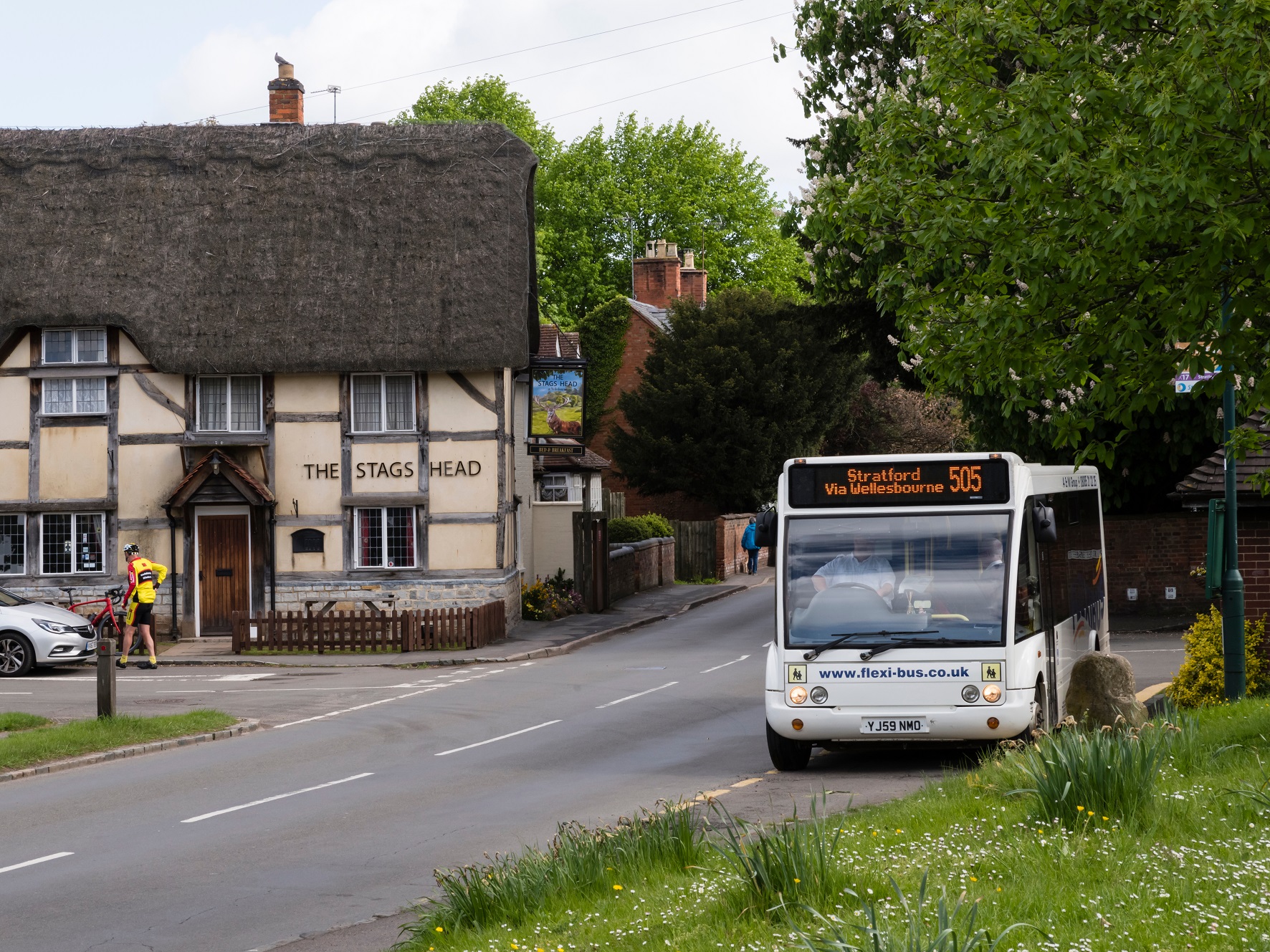New legislation designed to give local leaders greater control over bus services has been formally laid out in the shape of the Bus Services Bill, which was introduced in the House of Lords today.
While much of the content had been widely shared in advance, among the lesser previewed actions of the Bill are powers aimed at ensuring the survival of “lifeline bus services”.
The government adds that such socially vital services “cannot be removed or changed without councils reviewing their ability to serve communities, especially those in rural or deprived areas”.
Also newly revealed is that the forthcoming legislation will mandate that drivers undertake training to identify and respond to threats of violence against women and girls and anti-social behaviour.
As Labour promised in the build-up to the general election and in promoting the Bill ever since, reregulation of services forms a central part of its of plans for bus.
However, in recognition that franchising may not be considered the best option everywhere, the government confirms that “the Bill will also empower local authorities to work alongside private operators to improve bus services, if they choose to not pursue full ownership”.
Accompanying the legislation publication is guidance for local leaders on streamlining the process towards franchising.
The introduction of the Bill follows recent allocation of £955 million to bus operators and local authorities foe 2025/26 as well as commitment to extend the single fare cap in England to the end of 2025.
Transport Secretary Heidi Alexander says: “It is high time we recognise that local leaders need to be able to make decisions about their buses.
“The introduction of the Bus Services Bill marks the next step on our journey to overhaul how bus services operate, delivering on our commitment to improve living standards across the country.
“This is on top of over £1 billion to help improve bus service reliability and frequency – better connecting communities across the country to job opportunities and public services.”
The Confederation of Passenger Transport welcomed the Bill but warned that franchising needs to be backed up by adequate funding to meet with success.
Graham Vidler, Chief Executive of CPT, says: “More than 11 million people travel by bus every day. We are pleased that the Government understands the importance of buses in connecting communities and in kickstarting economic growth.
“Bus operators share the goal of delivering frequent, reliable and affordable buses. However, local authority control won’t guarantee success.
“This Bill gives councils a choice of different ways to work with bus companies. Some may decide to introduce Manchester-style franchising, while others will choose alternative models to build on the success of commercial bus services which are flourishing in large parts of the country.
“But to truly put bus passengers first, the government needs to use next year’s Spending Review to back its ambitions with hard cash. That means adequate funding to support socially important bus routes across England, ending a postcode lottery of provision.
“It is also vital that measures are taken to tackle traffic congestion – including providing bus lanes and bus priority schemes – to allow buses to move more quickly, making them more attractive to the public and cheaper to run.”
Jason Prince, Director of the Urban Transport Group, adds: “Buses are the backbone of our public transport system. The introduction of the Bus Services Bill, and its intention to hand more powers to local areas, will herald a smoother ride for the bus.
“The Bill will help ensure the bus plays an active role in supporting and growing our local economies and connecting our communities.”
Further support came from Robert Williams, Chief Executive of the municipally owned Reading Buses, which yesterday received a visit from Under-Secretary of State for Transport Simon Lightwood.
“Local ownership, local management, and consistent coordinated thinking has allowed us to focus on planning and delivering the best possible network,” says Mr Williams. “As our owner, the local authority can guarantee the maximum return on any investment in making bus services even more attractive.”
Responding to the safety elements of the Bill, Anthea Sully, Chief Executive of White Ribbon UK, says: “It’s vital that women and girls freedom of movement also equates to being safe while travelling.
“The bus network and drivers play an important role in ensuring the safety of women and girls by being allies, which is reflected in the mandatory training that would be introduced in this Bill relating to knowing how to identify and respond to threats of gender-based violence.
“This will help to change harmful attitudes and behaviours. We all have a part to play to ensure all women and girls can live free without the fear of violence.”
More analysis from routeone of the contents of the Bus Services Bill will follow.



























